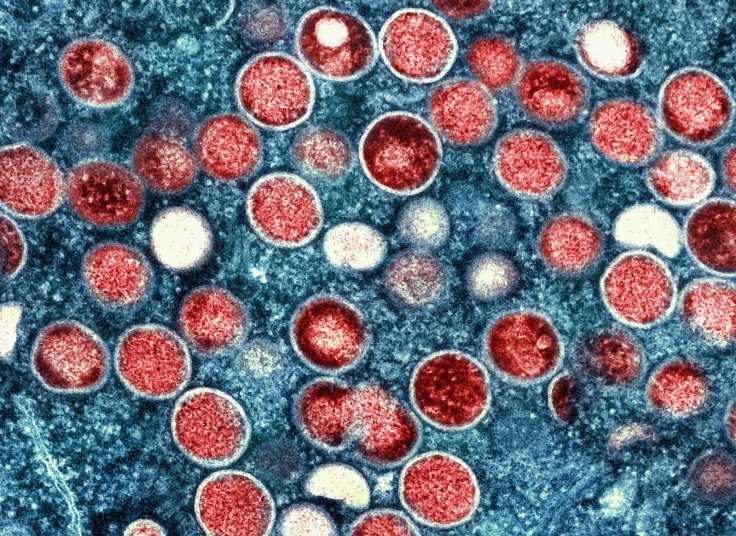The academic journal Science has raised alarms about the spread of the mpox virus across several African countries. Originally detected in the Democratic Republic of the Congo (DRC), the virus has now spread to Uganda and Kenya, and there are concerns it may continue to spread across the continent.

The World Health Organization (WHO) has echoed these concerns. The organization is contemplating declaring an international health emergency due to the escalating situation. WHO Director-General Tedros Adhanom Ghebreyesus announced on X that he is considering forming an International Health Regulations Emergency Committee. This committee would decide whether a global health emergency is necessary given the current outbreak's seriousness.
In his post, Ghebreyesus emphasized the importance of enhancing prevention efforts against the mpox virus. He noted that the WHO is working closely with the Africa Centres for Disease Control and Prevention (Africa CDC) to tackle the outbreak. However, he highlighted a critical issue: a lack of adequate funding for comprehensive prevention measures. The African Union's Permanent Representatives Committee has allocated $10.4 million from COVID-19 funds to support Africa CDC's efforts.
Mpox, also known as monkeypox, is a viral infection characterized by symptoms such as skin rashes, headaches, and fever. It is a contagious disease that can spread from animals to humans. The virus typically infects individuals through contact with an infected person. The infection generally lasts between 2 to 4 weeks. Prevention strategies include avoiding contact with infected individuals and getting vaccinated.
The WHO warns that mpox can lead to severe health complications. These include pneumonia, vomiting, difficulty swallowing, and corneal infections that can cause vision loss. In severe cases, the virus can cause inflammation of the brain, heart, and rectum. People with HIV or weakened immune systems are at higher risk of developing serious complications from mpox.
Since the beginning of the year, South Africa has reported around 14,250 confirmed cases, with more than 450 deaths. The DRC has been the hardest hit, accounting for over 96 percent of the total cases.
The growing spread of mpox across Africa highlights the urgent need for effective containment and prevention strategies. The situation remains critical as health authorities continue to monitor and respond to the outbreak.









